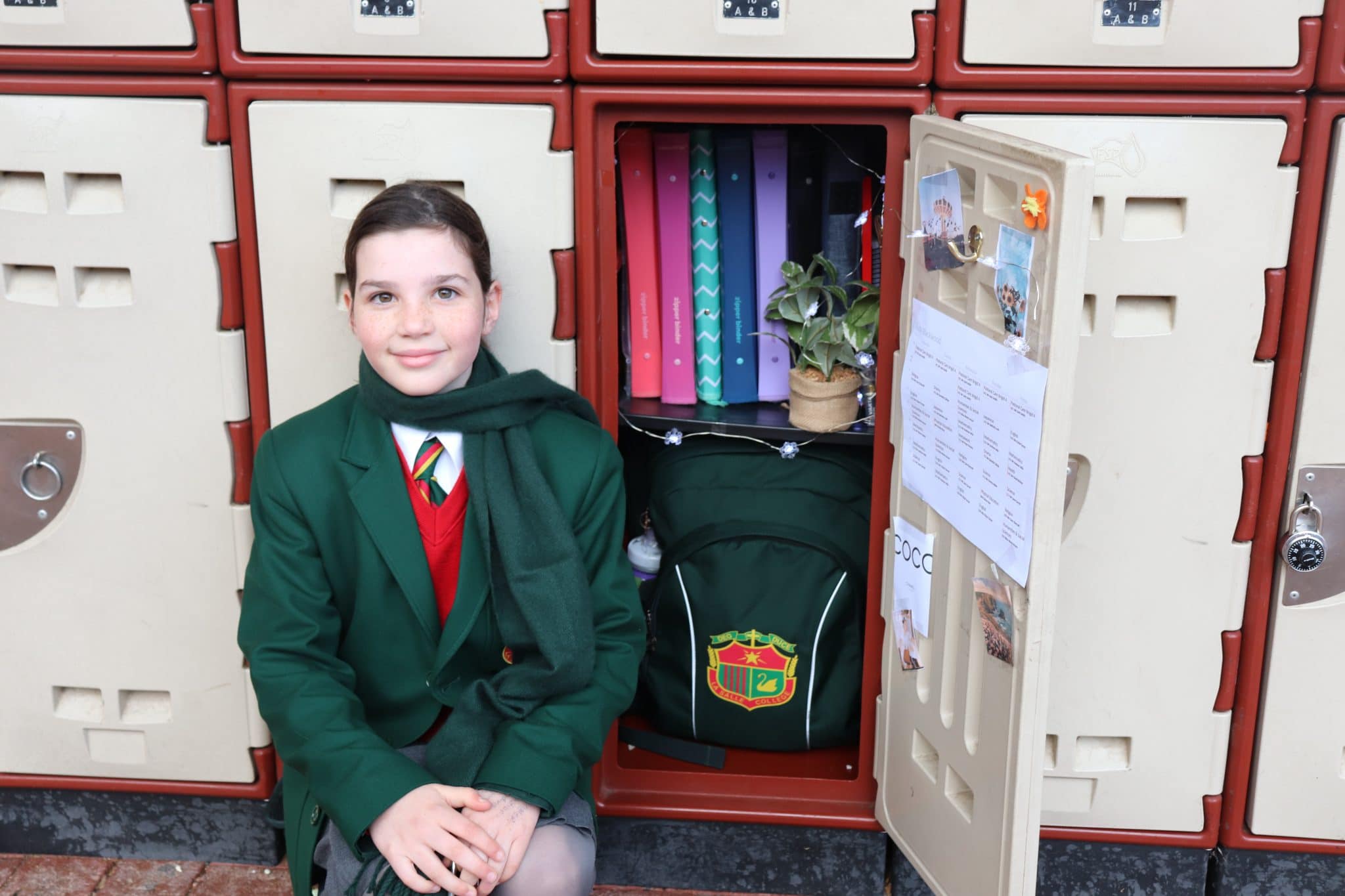Life as a student can be busy, so ensuring your child is not putting themselves under extra stress is a major part of helping them to maintain their wellbeing. If they’re not organised and they feel like they’re not on top of things, this will only add to their stress.
Being organised for school is all about developing good study habits and systems. Building these good study habits, especially in the early years will not only help your child to thrive, but will keep them to feel positive, confident and in control during exam and assessment periods and help them to achieve their full potential.
“Balance is key when it comes to getting the most out of the brain. Students need to take responsibility for when to study and when to socialise” Dr Michael Carr-Gregg.
Our young people need guidance and help as they learn to develop this responsibility. Please take some time to sit with you child over the coming days and chat about the following advice:
How to create a good routine
- There is no such thing as NO HOMEWORK! Every day you should be reviewing all the new information you learned in school earlier that day. A quick review of the key concepts should only take you about 20 minutes. Keep a list of the questions you have about content and remember to ask your teacher in the next class.
- Less is often more. It is recommended that your homework/study is broken into 15-minute sections. This gives the brain, and body, a rest between each subject or parts of the assignments.
- Bring a ‘daily folder’ to school every day. At the end of each week, look through all the papers, notes and other things you’ve been given. Recycle all the papers you don’t need. At the end of each week, if you no longer need he papers, transfer them from your folder to your individual subject’s files.
- Sit down with a pad of paper and write out everything you do each day over the course of a week. Then see what you can set as a normal routine, something you do at a set time each day or week.
- Create your own deadline that is before the actual deadline.
- Electronic documents/laptops – ensure you have folders set up on your student OneDrive for each subject that is orderly, and each document is named.
- Dashboard on SEQTA – use this screen that contains a summary of information including checking it each night as it contains a homework section.
- Timetable – have your timetable printed out and coloured coded. Have one on our locker door, one in your College organiser and one at home.
- Keep one notebook/binder for each subject – colour coded to match your timetable. Colour code everything…timetable, files, exercise books!
- Pencil case – you need pens, pencils, highlighters, calculator etc for all classes, not just a single pen in your pocket.
- Pack your school bag every school night.
- Locker – use magazine file/document holders to keep it neat at all times.
- You could use different coloured highlighters for each subject so the visual organisation helps your brain to organise information. Colour coordinate any post it notes you use for study as well.
- Study space at home – set up a desk in a quiet area of the home and do not have your phone with you when you study.
- Use a study planner – the College Student Organiser page 38 and 39 contains a study planner and assessment schedule to help you keep on top of everything.
And lastly the best way to ensure your child is become a lifelong learner, is to have discussions with your child about what they learning, encourage them to talk about concepts and ideas amongst their friends, and help them to continually be questioning what they are learning and seek help when they don’t understand.
Please see the following websites for more information on how to help your child be more organised and develop good study routines:
Taryn Mohen | Year 7 Leader of Wellbeing





